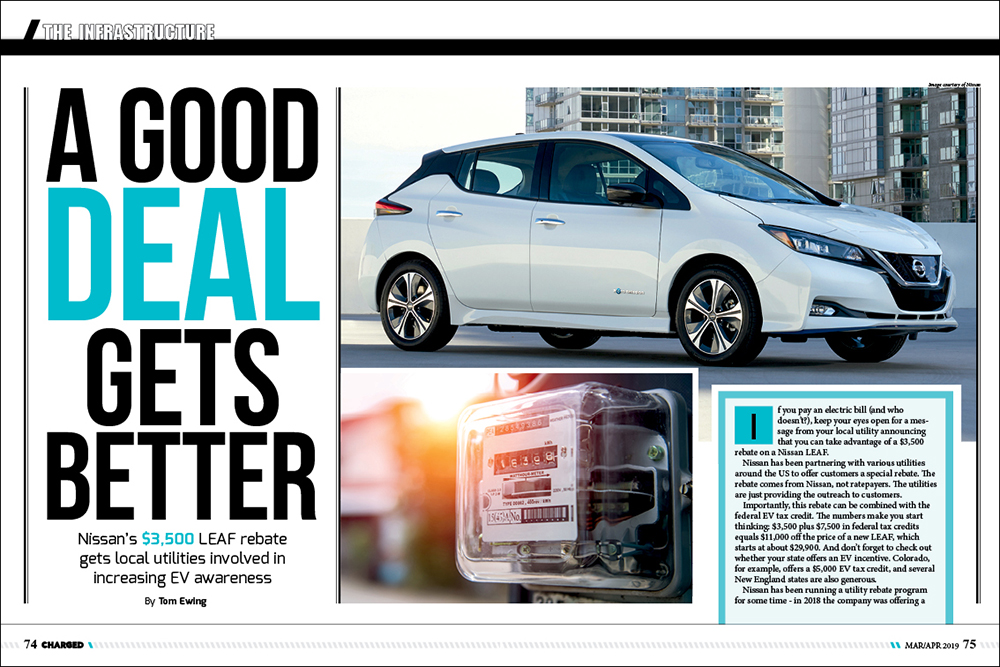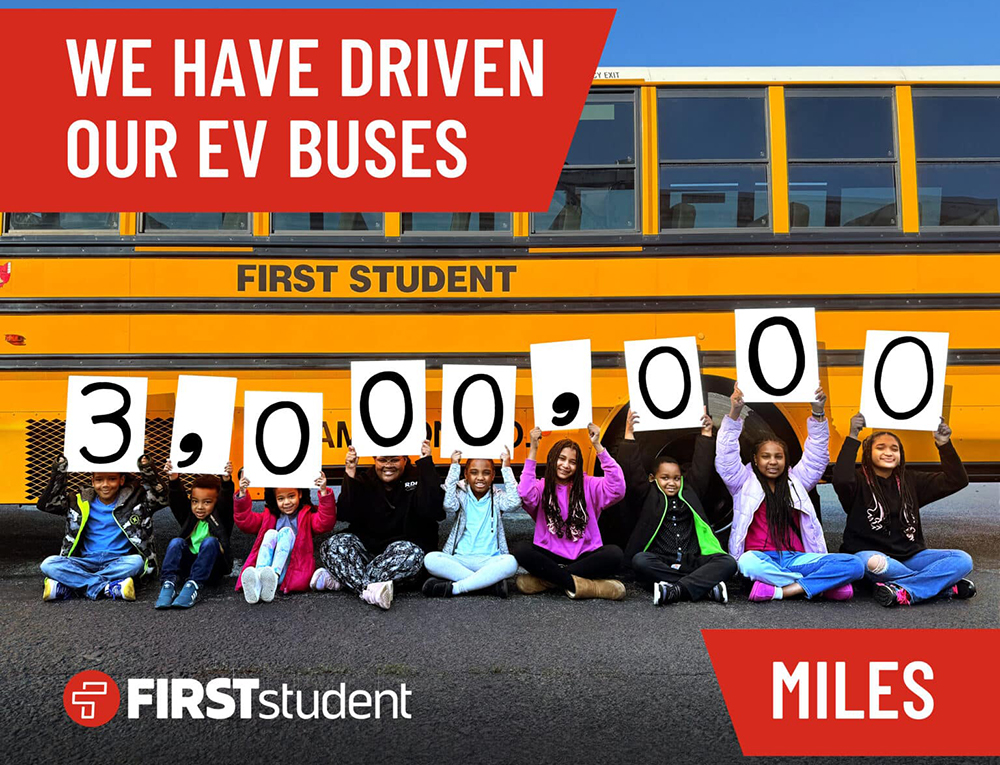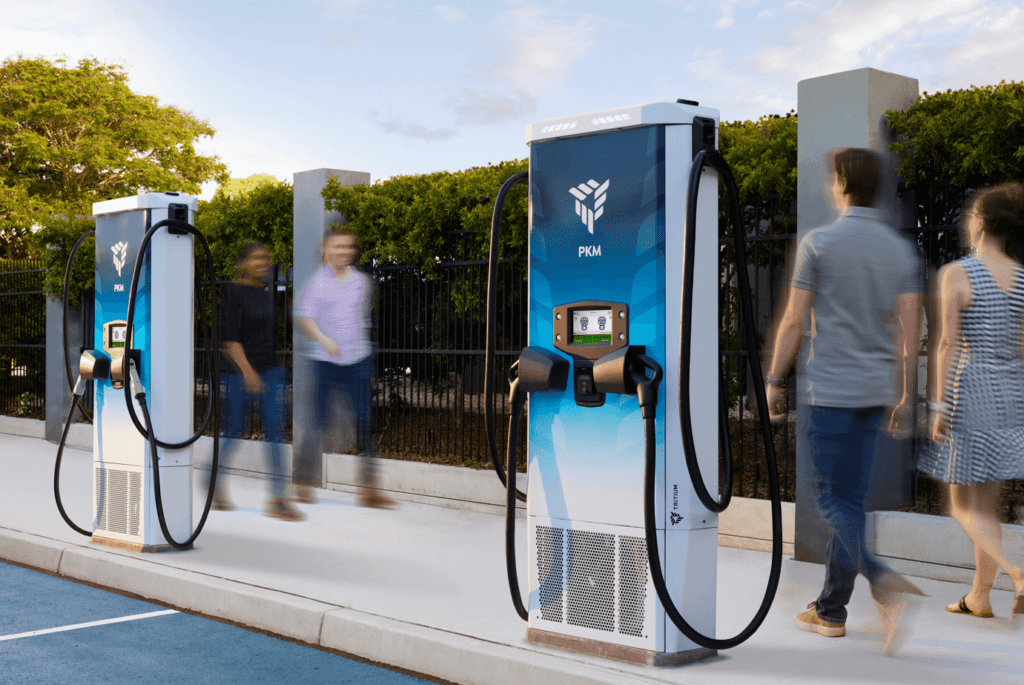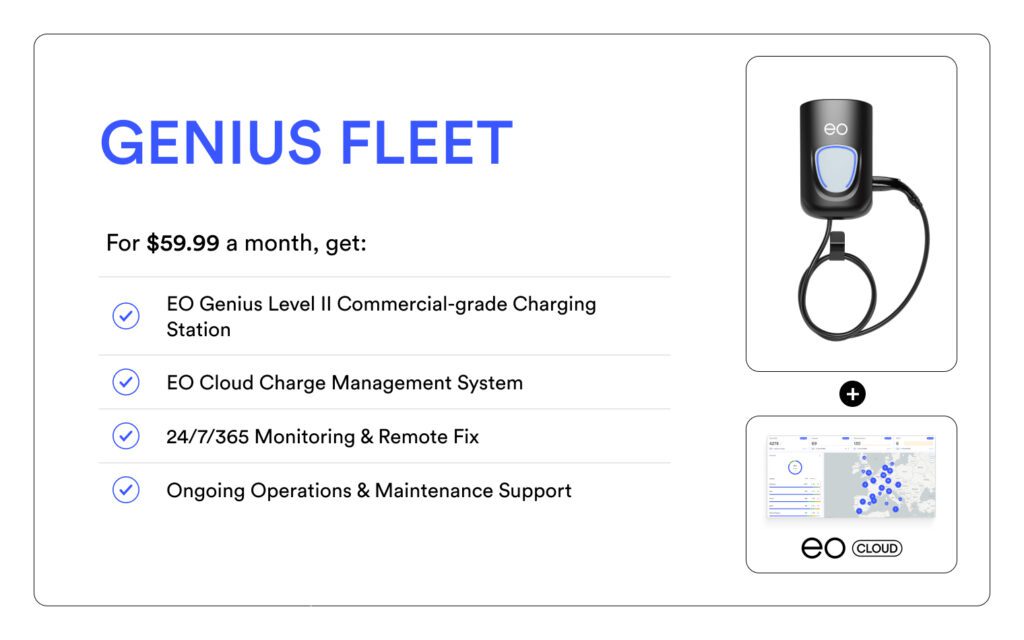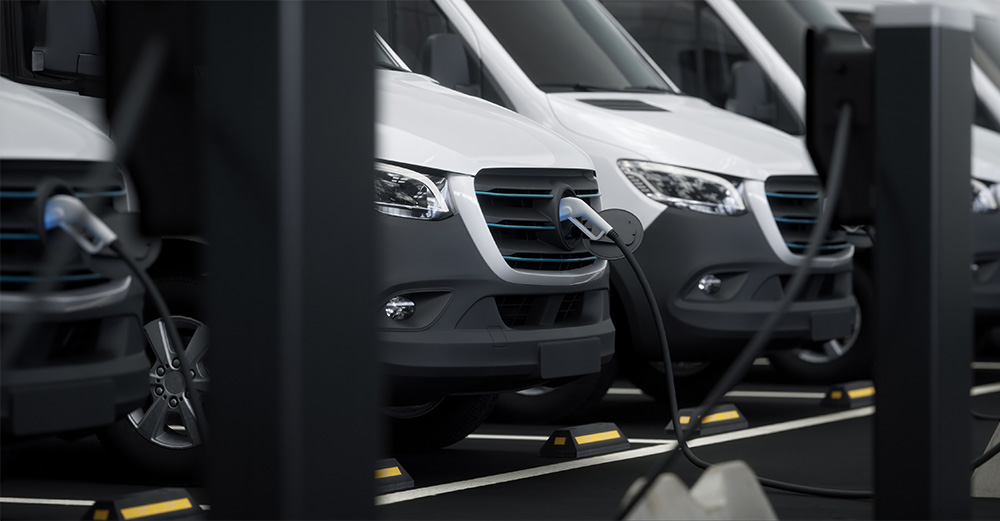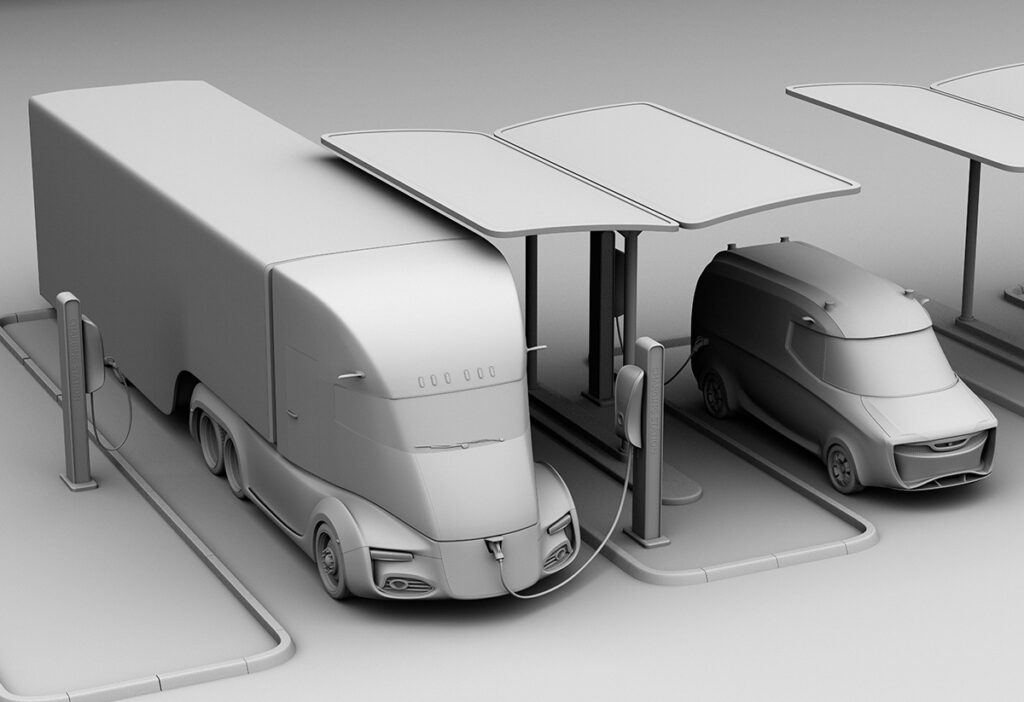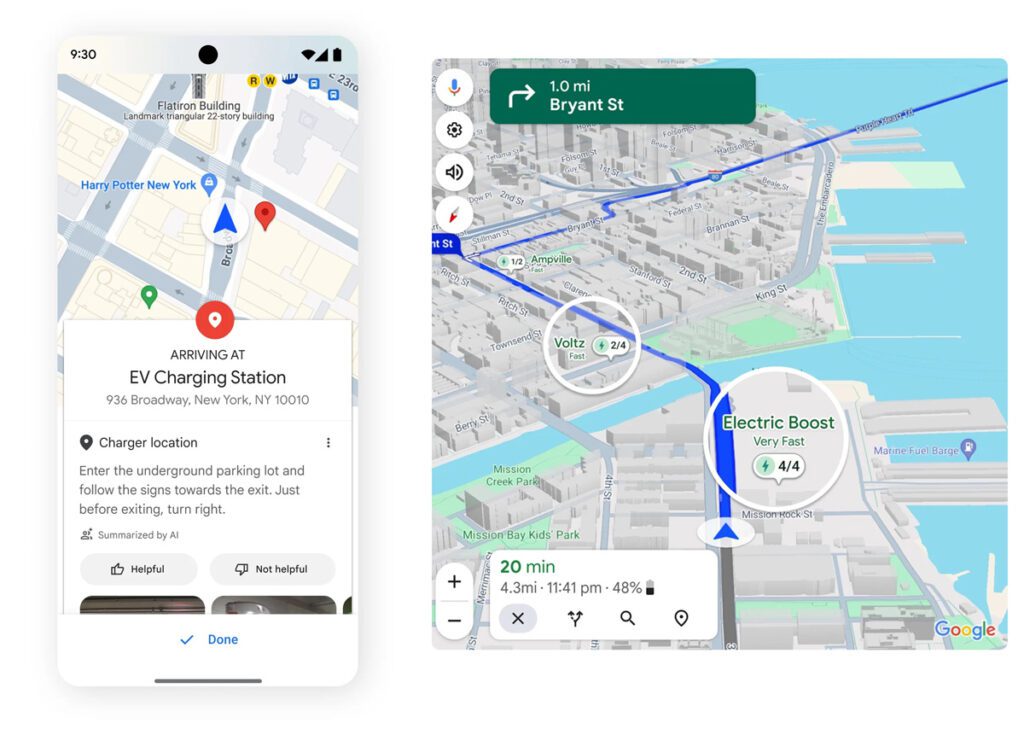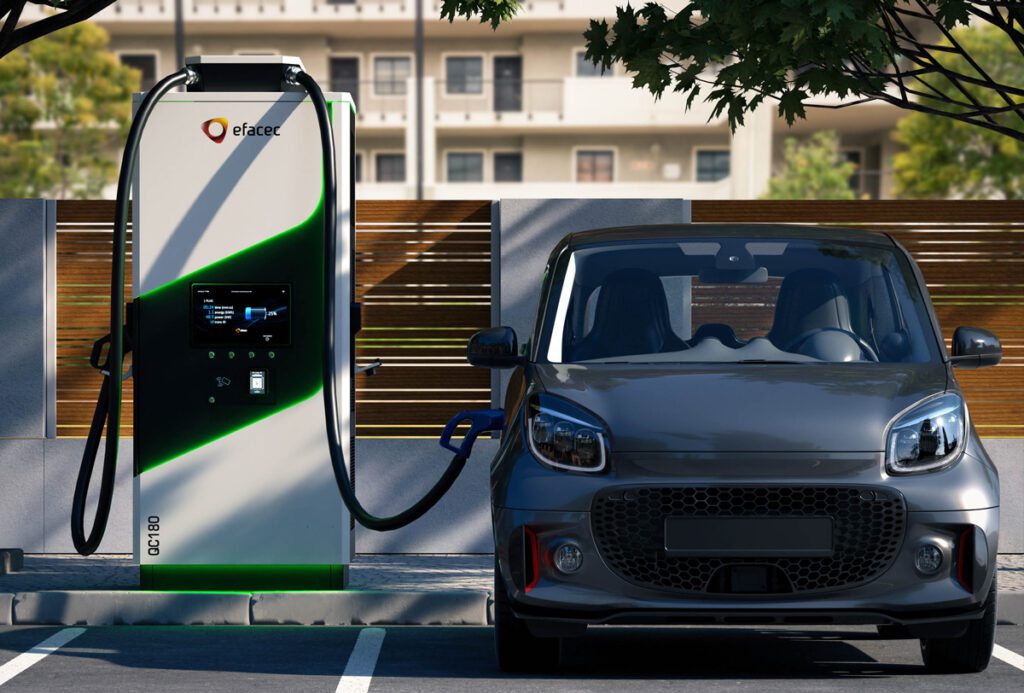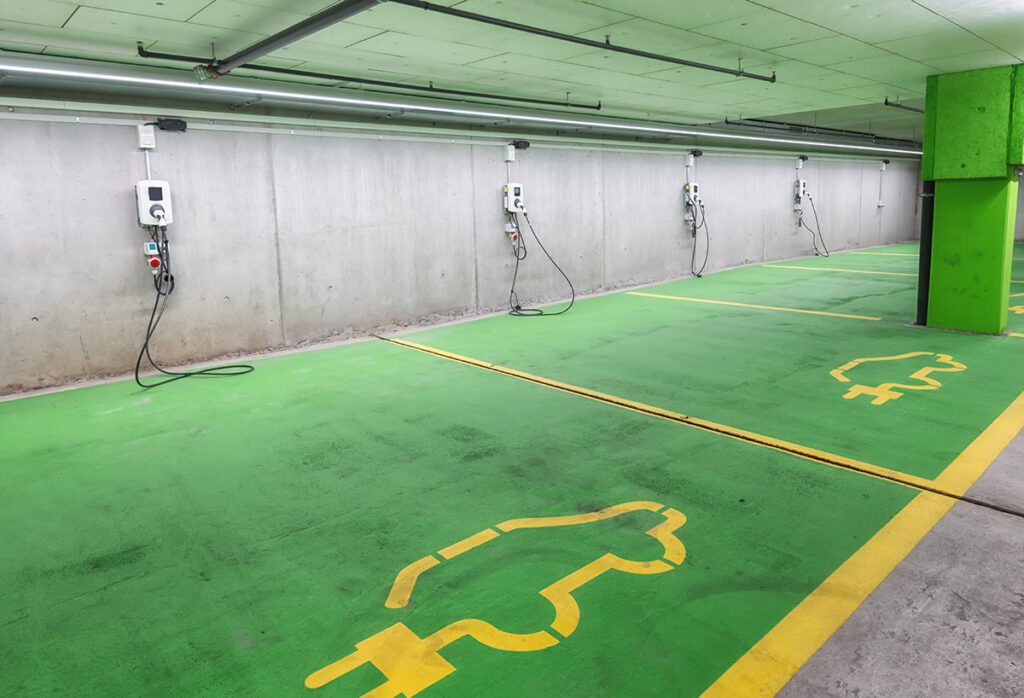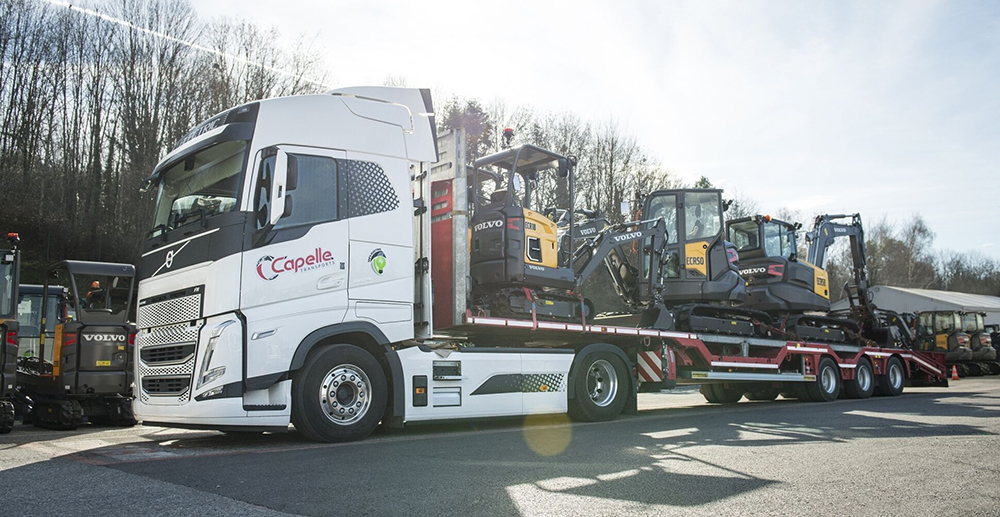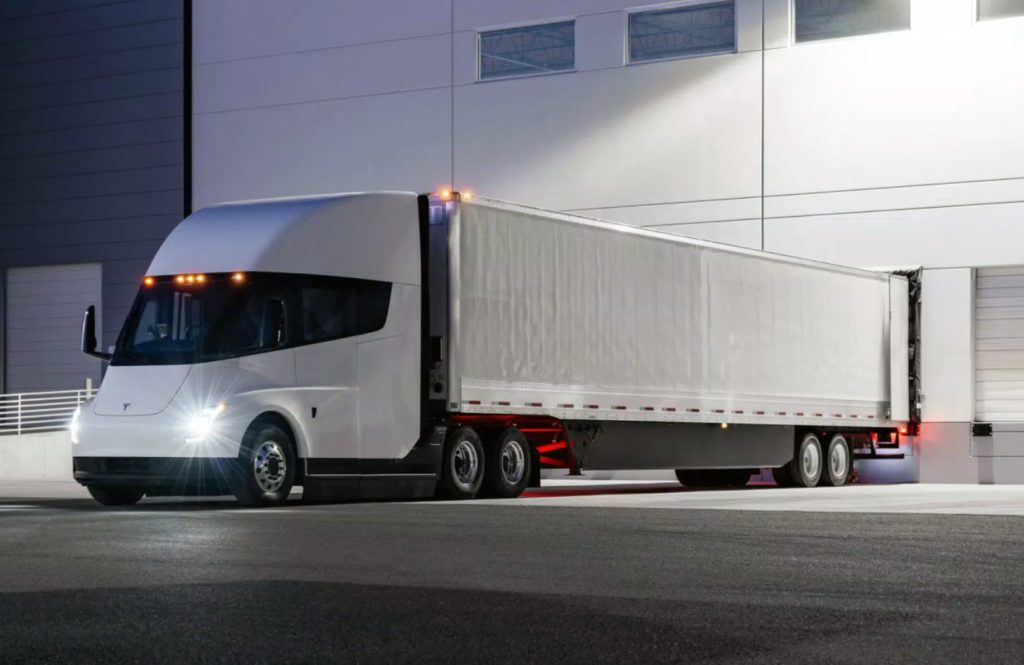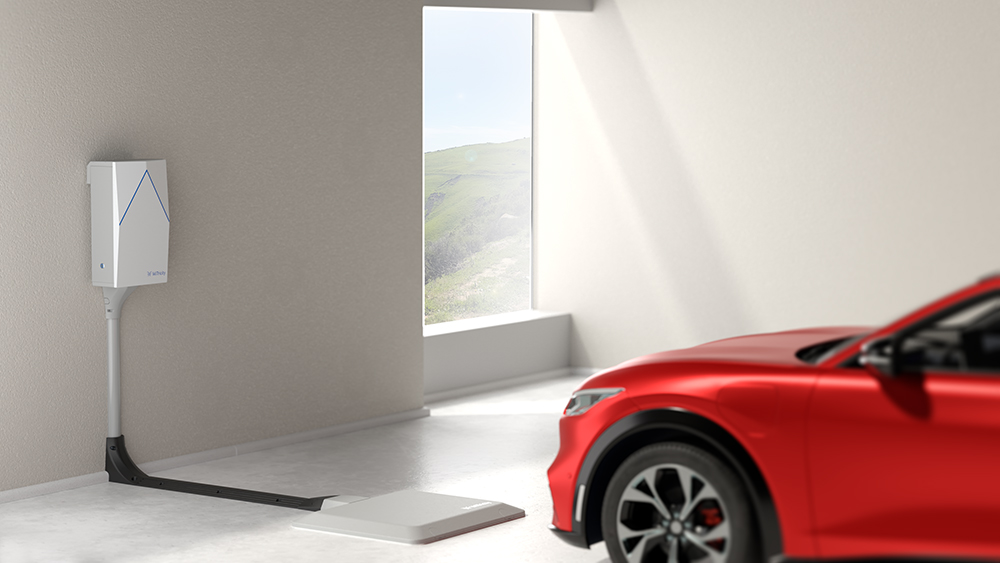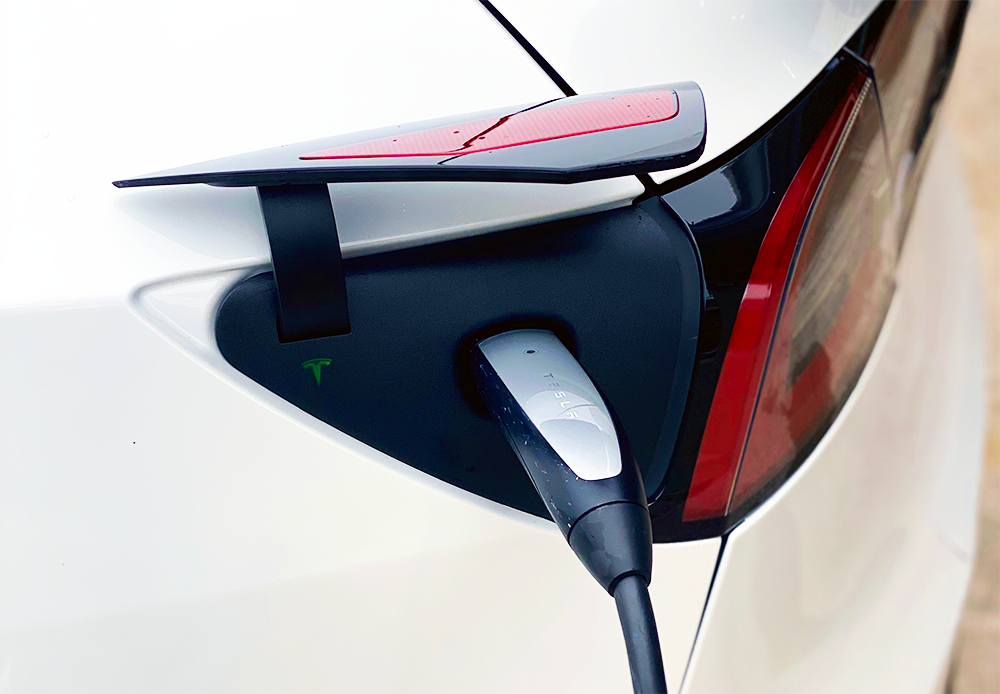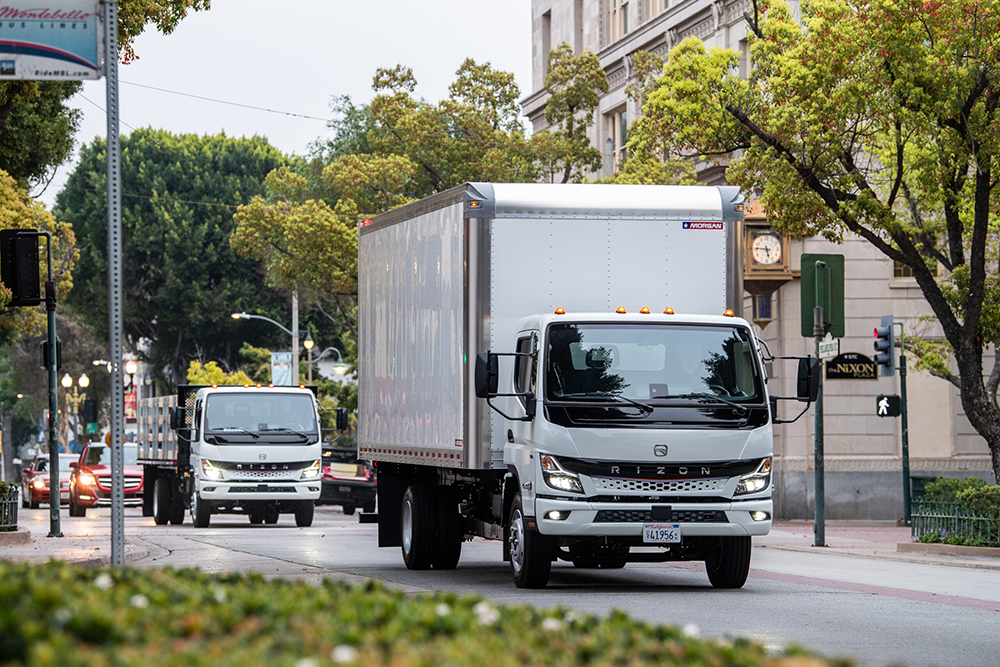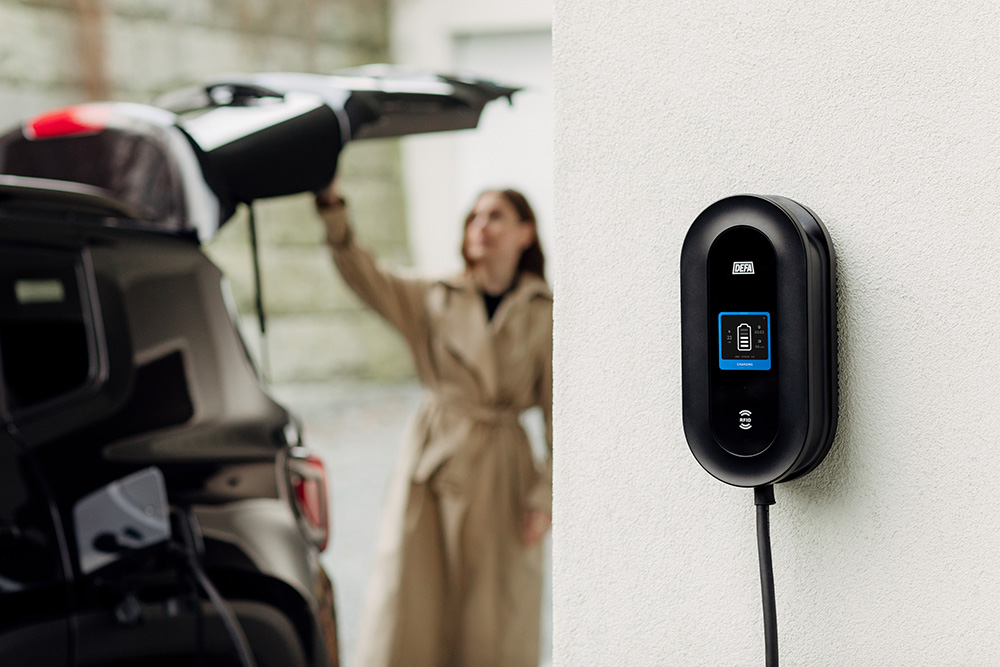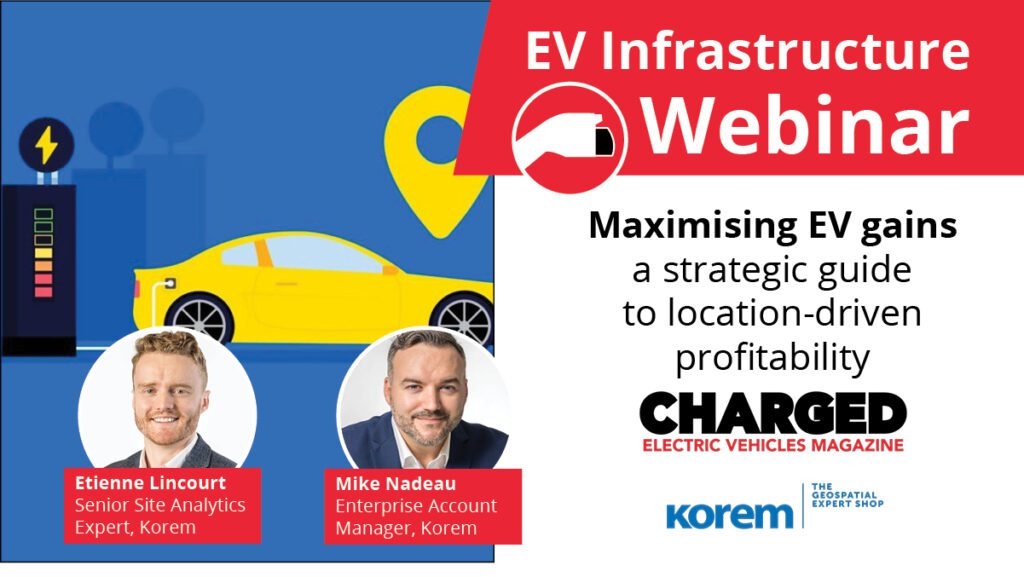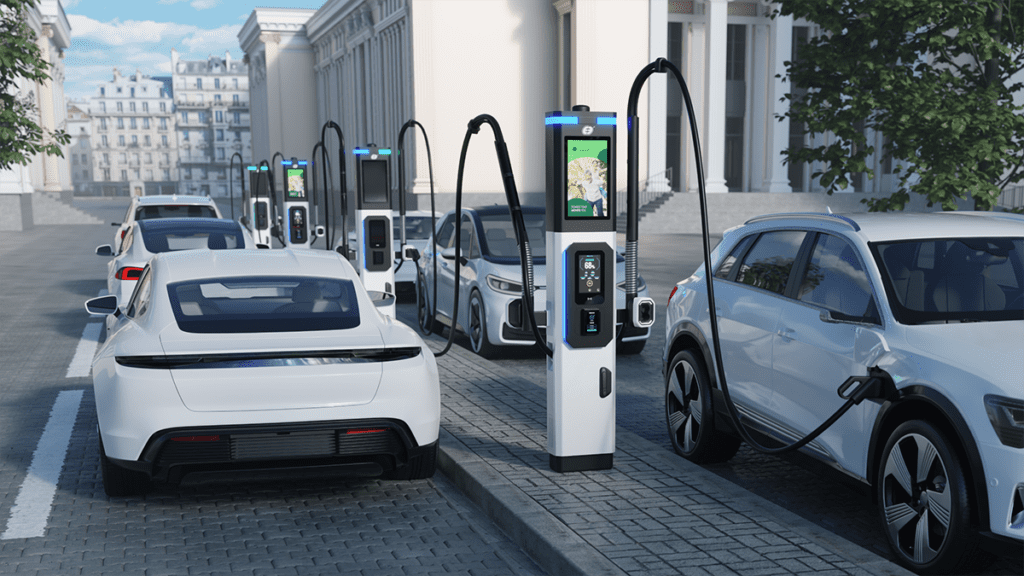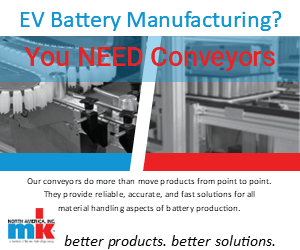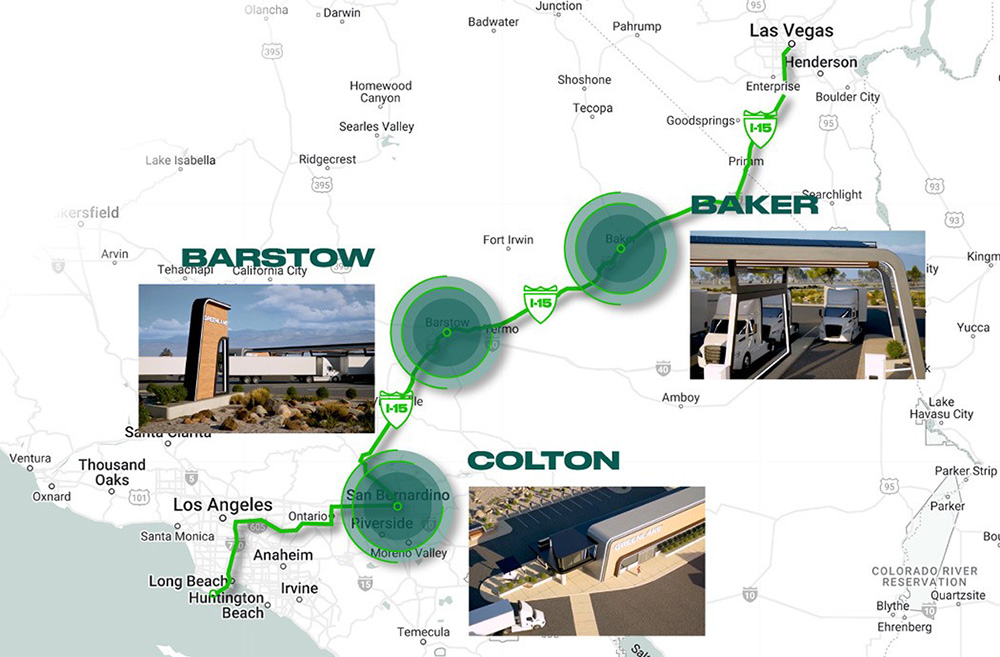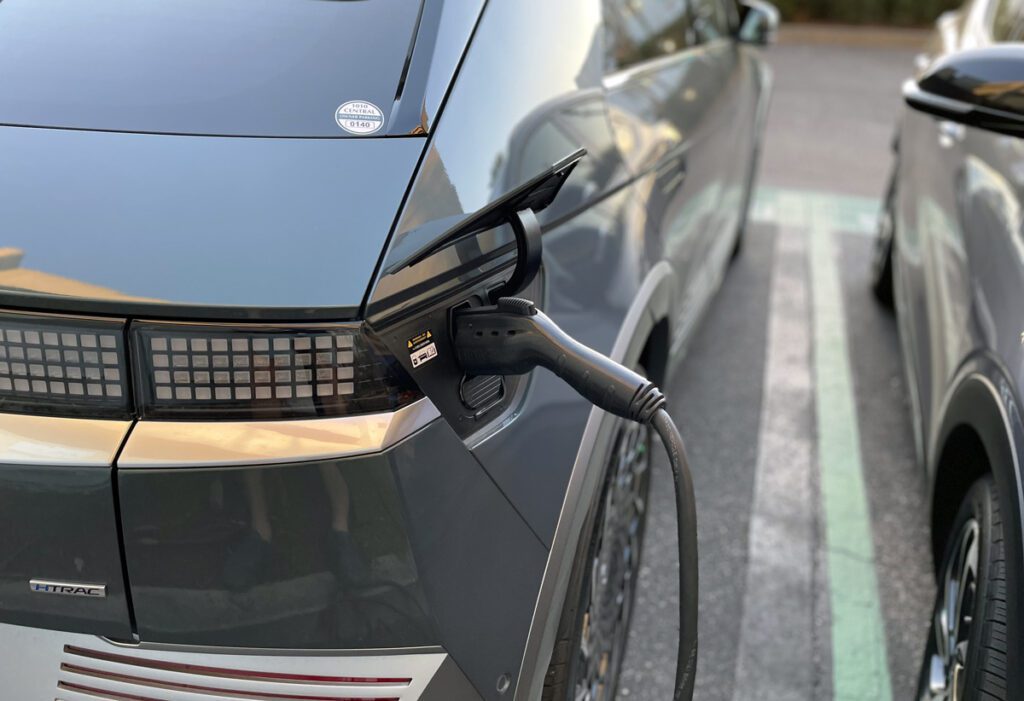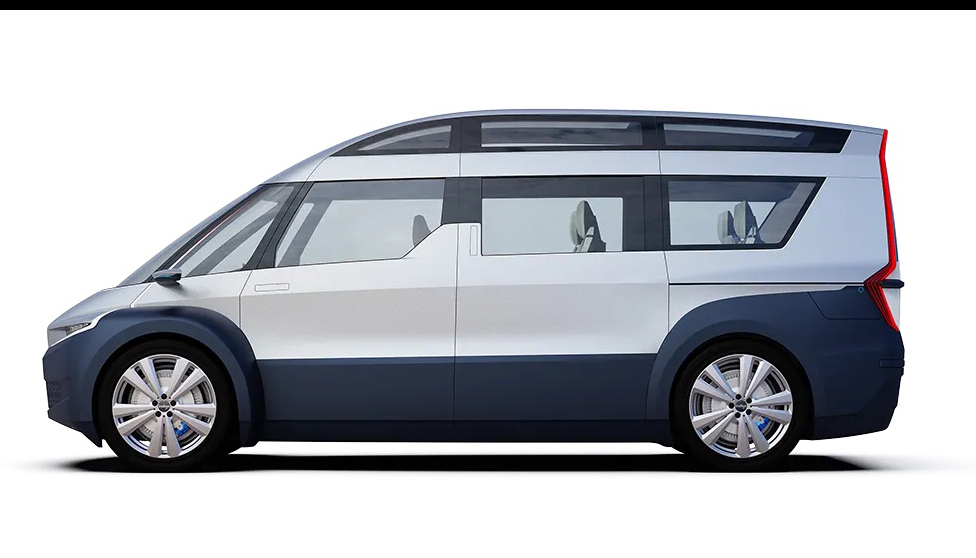If you pay an electric bill (and who doesn’t?), keep your eyes open for a message from your local utility announcing that you can take advantage of a $3,500 rebate on a Nissan LEAF.
Nissan has been partnering with various utilities around the US to offer customers a special rebate. The rebate comes from Nissan, not ratepayers. The utilities are just providing the outreach to customers.
Importantly, this rebate can be combined with the federal EV tax credit. The numbers make you start thinking: $3,500 plus $7,500 in federal tax credits equals $11,000 off the price of a new LEAF, which starts at about $29,900. And don’t forget to check out whether your state offers an EV incentive. Colorado, for example, offers a $5,000 EV tax credit, and several New England states are also generous.
Nissan has been running a utility rebate program for some time – in 2018 the company was offering a $3,000 rebate. Nissan reevaluates the program every quarter, and recently decided not only to continue it, but to raise the rebate amount.
Consider this possible deal for a buyer in Colorado: $29,900 minus the $3,500 Nissan rebate, minus the $7,500 federal tax credit, minus the $5,000 state tax credit. If your tax situation allows you to take advantage of the tax credits, you could be driving a new EV for less than $14,000 (plus tax, tag, title and all the other customary add-ons, of course).
To take advantage of Nissan’s offer, customers need to contact their local utility, which will provide a code that advises the local Nissan dealer that someone is in fact a customer of a participating utility (the rebate is also offered to utility employees). The offer does include some fine-print conditions, but they are not restrictive – for example, your selection may be limited to cars on the lot. The subsequent purchase is similar to any other transaction with an auto dealer.
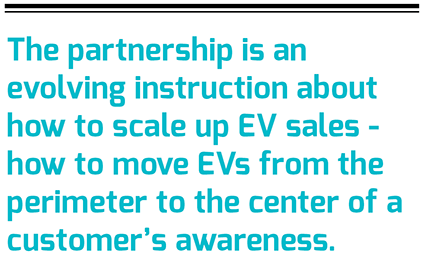

For the EV market, this utility/automaker partnership is significant. Obviously, Nissan’s interest and that of a local utility are aligned – higher sales of cars and electricity. However, there is a bigger picture that deserves a closer look. The partnership is an evolving example of how to scale up EV sales, and how to move EVs from the perimeter to the center of a customer’s awareness.
The pace at which EVs are mainstreamed has three important implications. First, EV sales justify manufacturers’ huge production investments. Second, the pace at which EVs replace ICE vehicles is critical for reducing related energy and climate impacts. Third, because of their potential for dynamic charging and energy storage, EVs are an important tool for maximizing the efficiency of an electrical grid that’s increasingly dependent on renewable energy generation.
Cynthia Maves is Nissan’s Electric Vehicle Fleet Business Development Manager for the Mid-Atlantic and Midwest Regions. She has been working on the incentive program with utilities from Nebraska to Virginia, within East Coast states, in upstate New York and in Maine. Although she would not disclose sales figures linked to the utility partnership, she did say that sales are meeting company expectations. Remember, the current LEAF model was only introduced in the US in February 2018. For context, Maves said that total US LEAF sales are around 130,000. Worldwide sales are around 380,000.
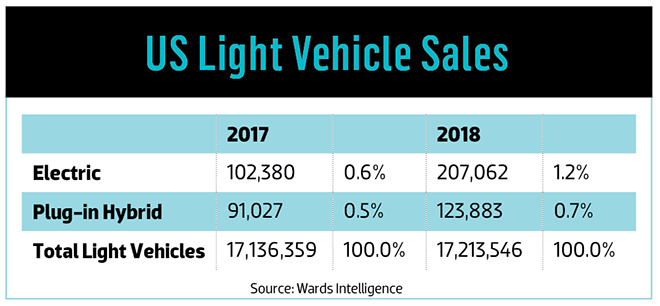

Most people know that EV sales are low compared to ICE sales. However, when viewed alone, EV sales are hot. Consider the sales numbers from automotive research firm Wards Intelligence. Note the increase – a doubling – in EV sales from 2017 to 2018. The big question: how do you keep that pace going, and growing?
EVs generally cost considerably more than ICE vehicles, but rebates and tax credits can bring down the price somewhat. The harder part – changing buyers’ behaviors – is, of course, a job for the marketing gurus. Robots may make cars, but robots don’t buy them – people do, and that decision-making process comprises perhaps 50% logic and 50% emotional factors such as color, coolness and convertible options.
Maves said sales increase the most when the utility partnership is part of a mix of EV-related efforts and activities. A utility’s promotional flyer is really the tip of a marketing iceberg. Concurrent events, perhaps on social media, increase awareness, strengthening the link between the rebate and a LEAF.
Not surprisingly, considering the state’s EV tax credit, Maves said that sales in Colorado “have exploded.”
Nissan has teamed up with American Electric Power (AEP) in Columbus, Ohio. In 2016, Columbus won the DOT’s Smart City Challenge. AEP has used federal grant money provided under the program to offer rebates for the installation of public charging stations.
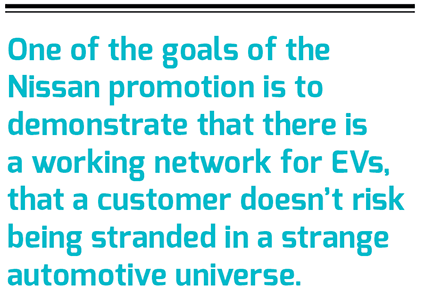

The LEAF rebate promotion has greater impact when it exists within a larger mix of events – when a potential customer sees an EV purchase aligned with progressive energy and environmental changes, and sees that required services and infrastructure are in place and available. Maves says customers don’t want a vehicle that turns into a difficult and singular ownership experience. One of the goals of the Nissan promotion is to demonstrate that there is a working network for EVs, that a customer doesn’t risk being stranded in a strange automotive universe.
The Omaha Public Power District (OPPD), which serves 375,000 electric customers, teamed up with Nissan starting in June 2018. Judy Sunde, a Senior Product Specialist at OPPD, said the utility added a sweetener to Nissan’s deal, offering an additional $4,500 if a customer agreed to buy an EV and a ChargePoint Home charger.
Sunde said OPPD received funding for the charger rebates from a grant program supported by money from the state lottery. The Level 2 charger program is scheduled to end in March 2019, but officials are hopeful that funding will be renewed, allowing it to continue along with the LEAF rebate. OPPD officials report that, as of December 31, 40 LEAFs had been sold via the rebate program, and that OPPD had paid for 52 ChargePoint chargers (not all the EVs sold were LEAFs).
Virginia Clean Cities, a non-profit organization that manages the DOE’s Clean Cities program in the state, has teamed up with Nissan and local utility Dominion Energy. Nissan is a Clean Cities stakeholder, and Virginia Clean Cities has worked to involve Nissan dealers in the Dominion Energy partnership. For car buyers, test drives are always important and at a recent statewide meeting of Virginia’s electric cooperatives, the organization arranged to have 25 EVs available for test drives, a first-time experience for most attendees.
Clean Cities also sponsors workshops on charging stations and on how EVs can benefit businesses and fleet operators. These activities reinforce and enhance the Nissan-utility promotion.
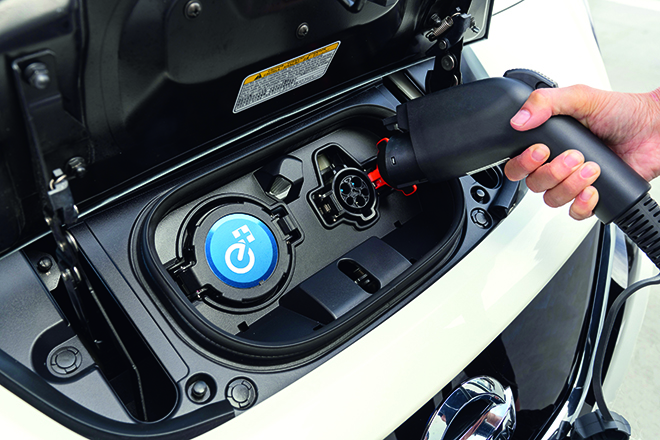

Lang Reynolds is Duke Energy’s Manager, Electric Transportation. His team’s primary goal is to increase EV adoption across Duke’s service territory, which includes 6 midwestern and southeastern states. Most of these areas don’t have state-level renewable energy mandates or EV tax incentives, so Nissan’s rebate is particularly valuable.
Reynolds said that, because of the existing price differential between EVs and ICE vehicles, EV sales in Duke territories have been low. In 2017, Duke tracked 200 LEAF sales linked to the company’s rebate program (2018 numbers are still being calculated). Duke is working to help potential customers with EV-related questions – for example, it’s revamping its website to assist customers who might want to purchase a Level 2 charger and need help with equipment and contractors. “New tech can be intimidating,” Reynolds commented, “so we really want to make it as simple and straightforward as possible to speed up the process and knock down barriers.”
Reynolds said that Duke has contacted other car companies about offering a similar rebate program, but that none has shown interest. Matthew Wade, with Virginia Clean Cities, also said that his team has been unable to draw in other companies. When the Omaha utility OPPD announced its plan to team up with Nissan, it invited participation from other manufacturers, but none signed on. However, one local Audi dealer did, offering customers a $1,000 rebate on the upcoming Audi e-tron.
This article appeared in Charged Issue 42 – March/April 2019 – Subscribe now.



